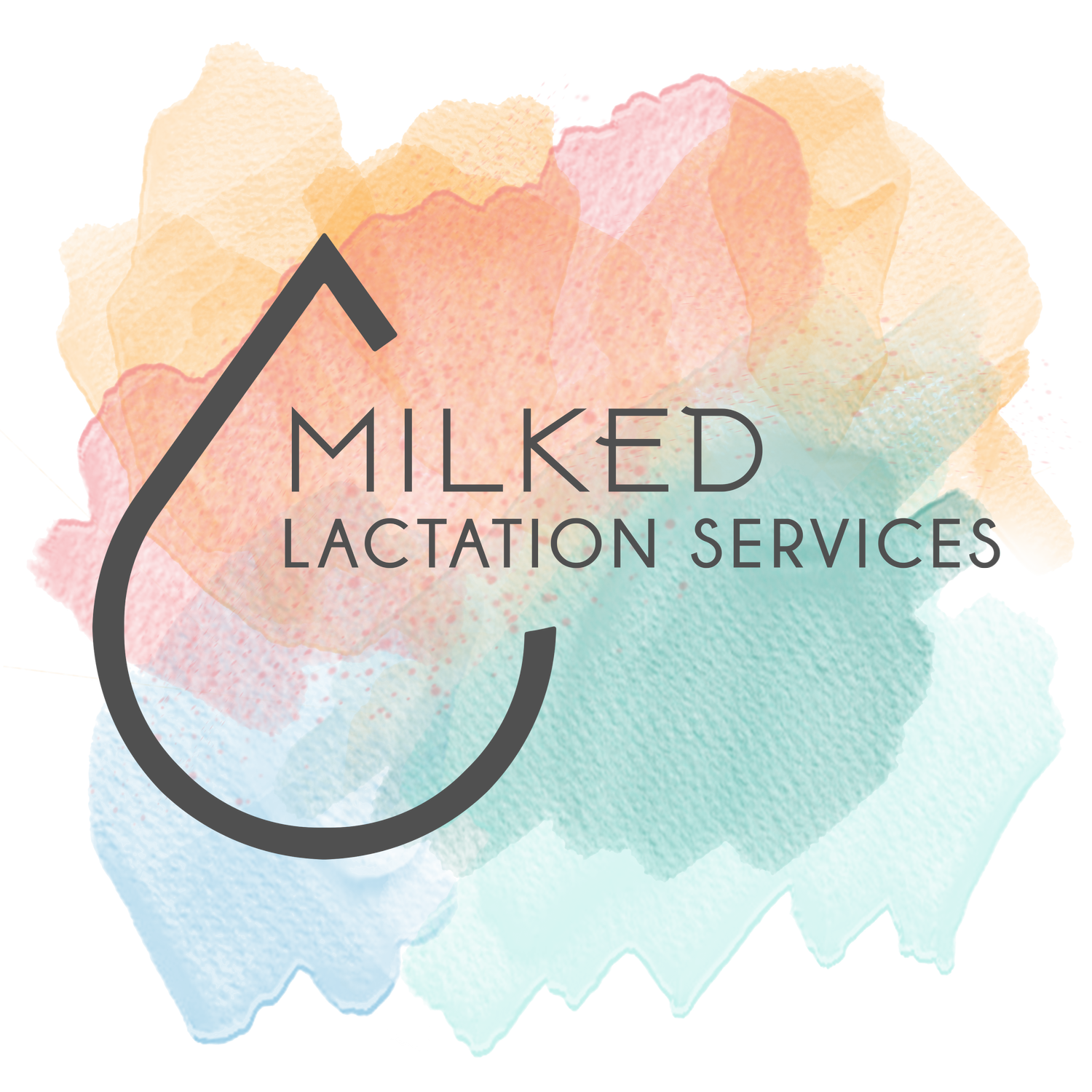Supporting families is the number one goal of IBCLCs. We advocate everyday for support, support, support. We believe firmly that #supportisbest.
Where I live and work there are a number of places for families to look for support on their way towards their breastfeeding goals. I’m a breastfeeding mom myself and I really like checking out one of my local peer support breastfeeding groups on Facebook. I like to post pictures. When I was pregnant I asked for recommendations on new nursing bras that I haven’t heard of yet. I like to keep tabs on which pumps are popular and what people like about them. I like to see all the camaraderie among the participants and follow along with peoples stories. You know I love a good breastfeeding meme.
As an IBCLC in private practice, I keep a resource sheet for clients that outlines all of the peer support groups in our area. I encourage new families to attend meetups and events because building a strong network of support is wonderful for families. I take my kiddos to the same events.
Oh, but sometimes, sometimes, the peer support groups on Facebook make me twitchy. I see things on these pages that make it hard to stay in my fellow-mom lane and not jump into my clinical-lactation-support lane. There are times when the questions and topics discussed are ones that really are better with the support and professional experience of an IBCLC rather than peer groups.
One of the most common ones that I see are worries about milk supplies.
It is really common for parents to worry about their milk supplies and to have the perception that their supply is low.
The outpouring of advice and encouragement for these parents is amazing and it’s what I found so wonderful as I celebrated my own highs and lows on my breastfeeding journeys. The thread soon becomes filled with advice, ideas, and suggestions on what worked and what did not. The encouraging comments included with the advice make my heart so happy.
So, what is the problem?
As an IBCLC, I have training in clinical lactation. I can help this mom. I can point her in the right direction, make a plan, and help facilitate progress but in order to do that I need to ask a bunch of follow up questions, get a health history for her and her baby, dial in to the basis of the concerns, and perhaps there will be a physical assessment.
What have they tried already? What else is going on in their life? What messages are they getting at home? Are they reading a parenting book? Trying out sleep training? Do they have an endocrine disorder? Are they pumping? What kind of pump is it? How old is the pump? Is the baby bottlefeeding when they are separated? Always? How is it being fed? What bottle? And on and on.
The nuanced answers to those questions are going to help me figure out a care plan for that family.
It isn’t that the advice is necessarily incorrect. It’s just that it might not be the right answer for the parents particular and specific situational needs and their needs may be better met by professional help.
Sometimes the best comments are the ones that help connect a struggling parent with an IBCLC.



